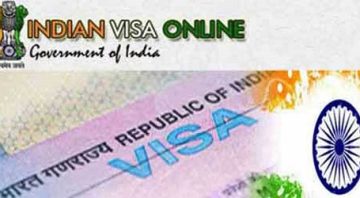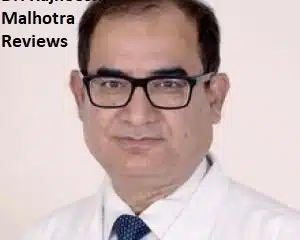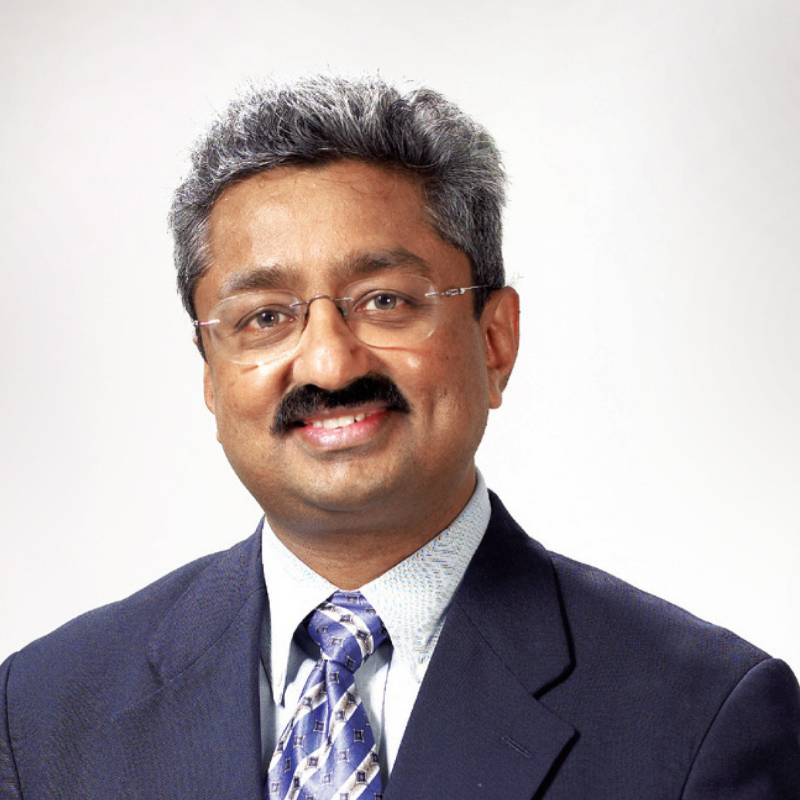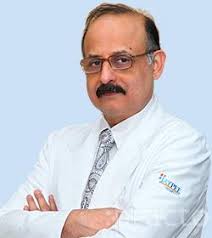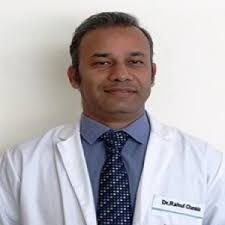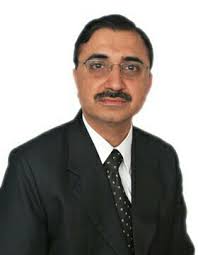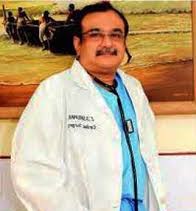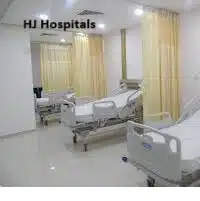Who can go for a heart transplant surgical procedure?
- Person who is having congenital heart disease
- Those suffering from cardiomyopathy(having weak heart muscles)
- Any cardiac valve dysfunction
- Person suffering from coronary artery disease(CAD)
- Those who have experienced complete heart failure.
Who is a good candidate for heart transplant surgery?
- A person who has End-stage Heart Disease, but should be overall healthy enough for undergoing the complete surgical procedure without any complications.
- Who is a non-smoker and non-alcoholic, as smoking can affect the recovery process and can increase postoperative complications.
- A person who is free from any other systemic diseases like heart disease, diabetes, high blood pressure, or vasculitis.
- And those who can continue the post-surgical medications lifelong without fail and can follow all the instructions mentioned by the doctor.
What are the precautions you should take before undergoing heart transplant surgery?
- Consult all your queries related to the procedure with your surgeons and clear your doubts.
- Make sure you inform all your past and present medical history to your doctor.
- If you are prone to some allergic reactions or you are taking any herbal supplements, you need to mention that too.
- If you are under any medications especially on blood thinners like aspirin or some NSAIDs like ibuprofen, naproxen you should inform your doc and stop or adjust the dosage of those medications before surgery according to your physician’s advice.
- If you are anemic, you should start having iron supplements before you go for surgery.
- Women on OCP(Oral contraceptive pill) should stop taking pills at least before one month of surgery.
After getting confirmation from the lab reports and medical examination that you are undergoing heart transplantation surgery, your surgeon or medical personnel will guide you and your family about the Dos and Don’ts before surgery.
What are the tests you should go for before undergoing a heart transplant?
Before this cosmetic surgery, your surgeon will evaluate all the following points
- Complete blood count (CBC)
- Lipid profile(cholesterol test)
- General body weight
- Urine test
- MRI scan
- X-ray
- Pap smear tests for women over 40 years of age.
- Mammography for women over 30 years of age.
- Colonoscopy for patients over 50 years of age.
- Echocardiography
Hence, you should be ready to undergo a lot of tests.
Some questions you should ask your surgeon before undergoing heart transplant?
- Do other therapies, minimally invasive procedures or medications all have been tried over the patient?
- Can you stick to the instructions after surgery and take post operative medications for lifelong?
- Are you likely to die in the near future without the heart transplantation surgery?
- Are you able to go for frequent follow ups after the surgical procedure?
If you have positive answers for the above questions, you should go for the surgery.
What are the risks you might face after heart transplantation surgery?
- Allergic reactions to the anesthetic solution.
- blood clot or emboli formation
- Transplant rejection by the recipient’s body
- Sudden heart failure even after successful transplantation.
- Bleeding or hemorrhage
- Increased risk of infection.
For how much time do you have to take medications?
After successful heart transplantation, you have to be under anti-rejection or immunosuppressive medications for lifelong.
Will there be any side effects of these prolonged medications?
- Weight gain hair loss
- Acne
- Skin infections
- Skin cancer
- Lymphoma
- Sudden weight gain
- Bone thinning
- Hypertension
- Increased blood sugar level.
What can be done in case of heart transplantation of a pregnant patient?
- Pregnancy is safe for those patients who have already undergone Heart transplant surgery. But pre existing heart conditions can increase the post surgical complications of an expectant mom.
- Pregnancy related complications can increase if the surgery has been done after pregnancy.
- It can also increase the risk of organ rejection.
What are the FAQs you should ask your surgeon about after heart transplantation surgery?
- What are all the medications you have to take?
- Will there be any follow-up visits?
- When can you resume your work and regular lifestyle?
- When can you start doing exercises?
- How to do the postoperative wound management and when the stitches will be removed?
What are the diet and instructions you need to follow after surgery?
You need to have
- Low fat, low salt diet as excessive salt intake can cause edema or fluid buildup inside the body after the surgery.
- 5 servings of food along with fresh fruits and vegetables
- Stay hydrated all the time. Increase water and fluid intake specifically just after the surgery.
- Take calcium and phosphorus enriched food like dairy products.
- Avoid fruits like grapes as they can interfere with the actions of anti-rejection medications.
- Eat a protein-rich diet like lean meat, fish, soy products
- Reduce eating outside as can make yourself prone to infection
- Be regular with your medications.
- Keep your blood pressure, diabetes always in check.
What are the instructions you need to follow a day before surgery?
- Do not take any food or liquid 6 hours before surgery
- Avoid heavy meals for at least one day before the surgery, try to keep your bowel empty before undergoing surgery. This will reduce nausea before surgery.
- You should scrub with an antibiotic soap the night before and once in the morning before the surgery.
How much time should a patient stay in the hospital after the surgery?
This depends on the type of anesthesia the patient has undergone. In heart transplant patients, as the procedure has been done under general anesthesia, the patient might have to stay overnight for 14 days days, among this first one to two days after surgery you have to stay in the ICU. After that, they will transfer you to the Transplant recovery unit for further recuperation.
After successful transplantation, your medical personnel will evaluate and monitor all the test results along with the heart function during this time. Patient is allowed to go home after 2 weeks. Make sure that someone should be there to accompany the patient after getting discharged from the hospital.
Generally after how many days patients can start their regular activities?
Within one month patients can resume their daily lifestyle. That’s why patients are advised to take 5-6 weeks off from their job and take an ample amount of rest. This will help in quick recovery but any kind of strenuous activity or vigorous exercise should not be done without medical supervision.
What is the life expectancy after undergoing successful heart transplant surgery?
There is a 75% increase in survival chances of the patient’s for more than 5 years.
85% of patients can return to their normal life and easily perform the regular activities.
What are the instructions you need to follow a day before surgery?
- Do not take any food or liquid 6 hours before surgery
- Avoid heavy meals for at least one day before the surgery, try to keep your bowel empty before undergoing surgery. This will reduce nausea before surgery.
- You should scrub with an antibiotic soap the night before and once in the morning before the surgery.
What are some FAQs you should ask your surgeon about the liver transplant procedure?
- What is the success rate of liver transplant surgeries done by your surgeon?
- How is it possible for a deceased person’s liver to become functional after the surgery?
- Will the new liver start acting right after transplantation?
- What will happen if my body rejects the new liver?
What to do if your body rejects the new liver?
You will be under immunosuppressants after surgery. Even after that, if your body rejects, it will happen within the first few only.
You might experience the following symptoms
- Reduced urine output
- Tiredness
- Fatigue
- Flu-like symptoms, if you are going to face organ rejection. You should contact your surgeon immediately if you are going through these symptoms.
- Sudden rise of blood pressure.
How much time can a heart transplant surgery take ?
A heart transplant surgery can go for around 4- 10 hours.
What is the procedure for heart transplantation surgery?
Before the transplantation surgery, a team of surgeons and medical personnel will monitor your oxygen saturation, cardiac output, blood pressure, central venous pressure(CVP) and if everything remains within normal range then only your surgeon will go for further procedure
- It can take approximately 4 hours to complete the whole procedure.
- Patient is kept on the support of a heart-lung machine to keep the blood circulation going on through the body during the surgical procedure.
- Once your surgeon removes your heart leaving the back wall of the left atrium intact and places the donor heart into that space, it will start beating.
- After placing the donor heart into the recipient’s body, the patient is being removed from the Heart-lung machine.
- Electric shock can also be given to revive the donor’s heart after transplantation.
What happened after you got your donor for the heart transplant surgery?
- When a donor heart get available, a surgeon from the transplant center goes to harvest the donor heart organ.
- After harvesting the donor heart is kept in a cooled environment, stored in a special solution.
- Within 4 hours of getting the donor heart, your surgeon will start the procedure.
- Patient is placed on a heart-lung machine to circulate blood and nutrients all throughout his/her body while opening on the heart itself.
How can you avail a donor for heart transplant surgery?
After undergoing a lot of tests mentioned above, your surgeon will determine whether you will be a good candidate for the surgery or not, and you will be placed on the transplant center’s waiting list. Even after getting a place on the list, you might have to follow some pre-operative protocol. Though this protocol might change due to variations in the donor and recipient’s blood and tissue type.
What is the average waiting time for getting a liver for an eligible patient?
A recipient might have to wait for a month or two. The waiting period for the organ transplantation might be very much stressful for the patient as well as their family and friends.
A supportive family and friend network can help you out in this situation.
How to choose doctors if you want to go for a heart transplant surgical procedure?
- You can go through the reviews of those who have already been through heart transplant procedures in multiple medical forums and if you are worried about some negative review, you can always consult with your doctor about the matter.
- Look for the experience of general surgeons and positive patient stories.
- You can also look for the success rate of heart transplantation surgery done by your surgeon.
Who are the best doctors for performing heart transplants?
Well-experienced and board-certified general surgeons and cardiologists can perform the procedure. And make sure to check the accreditation of the hospital from where you are getting your heart transplantation surgery done.
Why should you go for heart transplant surgery in India?
Along with the high-quality lifestyle here in India, you will get well-experienced and skilled surgeons who are comfortable with the best and latest available technology. You will get personalized care from trained medical personnel. Hence it ensures shorter hospital stays and quicker recovery.
Any botched-up case of heart transplant surgery in India?
To date no such cases have been reported as here in India, surgeons are way more skilled and experienced. But to avoid these kinds of cases, you should choose your surgeon carefully.
Do you feel that the cost is way out of your budget? Are you looking for insurance?
In India, the majority of health insurance coverage is for serious ailments. That’s why the chances of getting coverage for the procedure are higher. You can consult with your financial advisor related to the matter and explore the possibilities along with your surgeon. Though nowadays EMI facilities are available in some financial agencies. Even after that, you are feeling it’s difficult for you to avail yourself of the insurance, you can always ask your doctor to write one letter to your insurer describing the importance of this surgery on your health. If your insurance company provides coverage also, it will bear a partial amount of its budget. So make sure you read the details and go for it. Even if your insurance company bears it now, you might have to pay a higher premium for later.
Takeaway- you should always choose a cardiac transplant surgical procedure if your doctor is suggesting you for doing so and you should go for it whenever you will find a donor to gain an improved quality of life. Nowadays it has become easy to undergo such a procedure with lesser complications due to improved surgical procedures and immunosuppressive or anti-rejection medication. If you are going through some life-threatening diseases and don’t know what to do in this crisis, please feel free to contact us. We are always there to help you out!!
